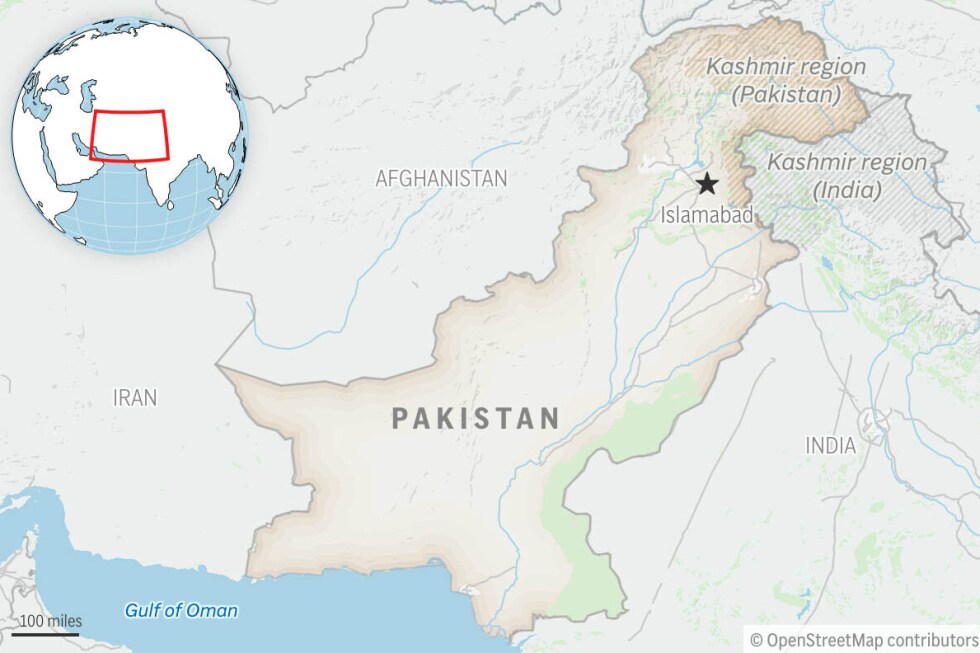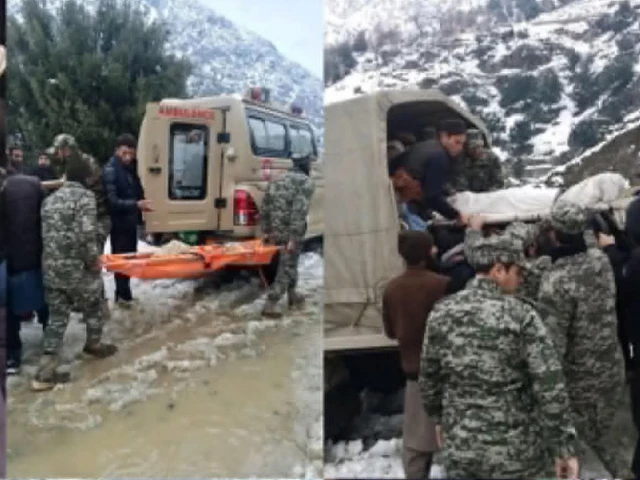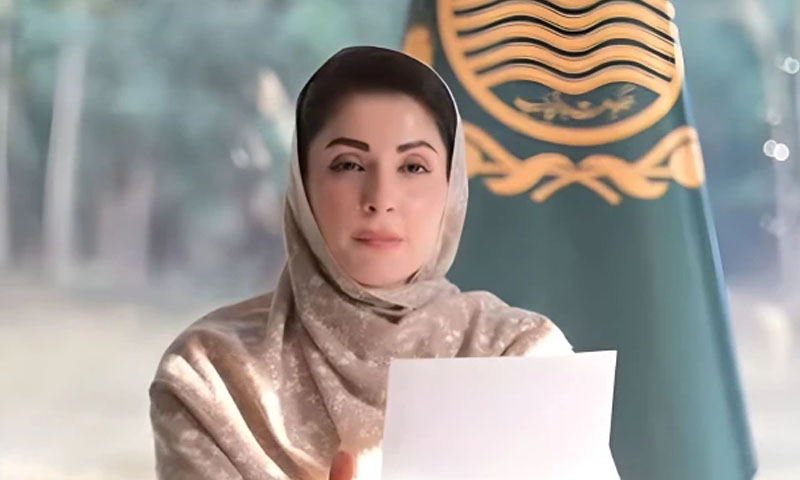Pakistan has a youthful demographic profile, with nearly 64 per cent of its population under the age of 30. This large youth population should be a blessing for the economy; however, the growing disparity between academic education and workforce…
Category: 1. Pakistan
-
Five killed, several injured in explosion at wedding ceremony in Dera Ismail Khan – Business Recorder
- Five killed, several injured in explosion at wedding ceremony in Dera Ismail Khan Business Recorder
- Blast reported at peace committee member’s residence in KP’s DI Khan Dawn
- Wedding blast kills at least five in Pakistan, police suspect…
Continue Reading
-

Suicide blast at Dera Ismail Khan wedding kills at least five
Several members of peace committee were present at the house when the blast occurred; CM, governor order report
A screenshot from just before a blast at the house of an aman committee member in DI Khan on Friday. — SCREENGRAB
…Continue Reading
-

Avalanche in Pakistan, snowstorms in Afghanistan kill at least 20
ISLAMABAD (AP) — An avalanche killed nine members of a single family in northwestern Pakistan on Friday while a heavy snowstorm the day before in neighboring Afghanistan left 11 people dead, officials…
Continue Reading
-
Blast reported at peace committee member’s residence in KP’s DI Khan – Dawn
- Blast reported at peace committee member’s residence in KP’s DI Khan Dawn
- Wedding blast kills at least five in Pakistan, police suspect suicide bombing TRT World
- Five killed, several injured in explosion at wedding ceremony in Dera Ismail…
Continue Reading
-

9 killed as avalanche hits house in K-P’s Lower Chitral
Pakistan Army recovers and transfers bodies of victims killed in Damel avalanche in Lower Chitral. Photo: Express
At least nine people were killed and…
Continue Reading
-
President, PM express grief over Chitral avalanche deaths – RADIO PAKISTAN
- President, PM express grief over Chitral avalanche deaths RADIO PAKISTAN
- 9 killed as avalanche hits house in KP’s Lower Chitral The Express Tribune
- Avalanche in Chitral claims nine lives, one child rescued alive The Nation (Pakistan )
- Nine dead…
Continue Reading
-

Maryam Nawaz vows safe Basant as Punjab revives spring festival
LAHORE: Punjab Chief Minister Maryam Nawaz has announced a three-day Basant festival in the province, saying that everyone has the right to celebrate freely as Punjab belongs to all.
Chairing a meeting to finalise arrangements…
Continue Reading
-
Nine killed, one child injured as avalanche hits house in northwest Pakistan – Arab News
- Nine killed, one child injured as avalanche hits house in northwest Pakistan Arab News
- 9 killed as avalanche hits house in KP’s Lower Chitral The Express Tribune
- Avalanche kills nine members of family in Chitral village Pakistan Today
- Avalanche…
Continue Reading
-
Barbs fly in Senate as PTI’s Ali Zafar demands probe into ‘institutional overreach, election fraud’ – Dawn
- Barbs fly in Senate as PTI’s Ali Zafar demands probe into ‘institutional overreach, election fraud’ Dawn
- Economic stability achieved, focus now on sustained growth: Senate told The Nation (Pakistan )
- Senate erupts as PTI alleges election…
Continue Reading
